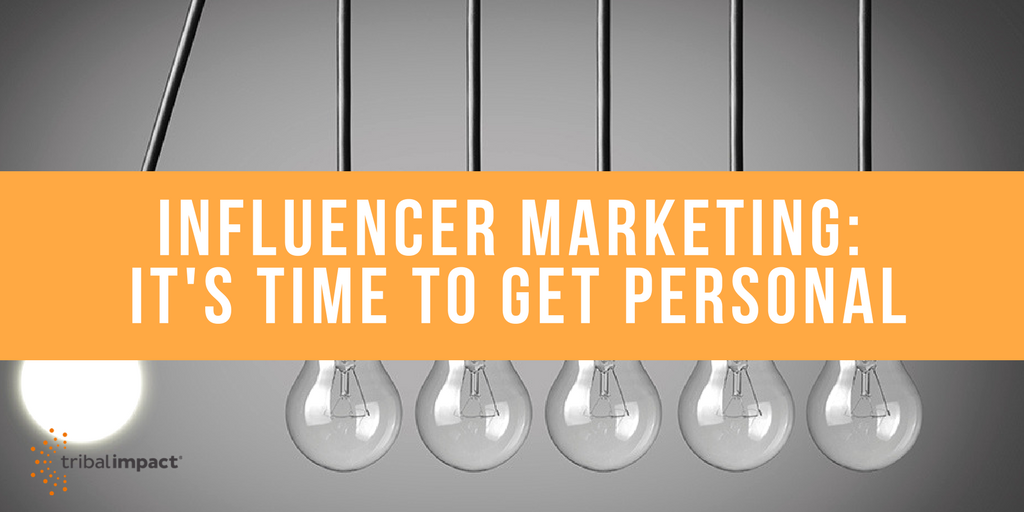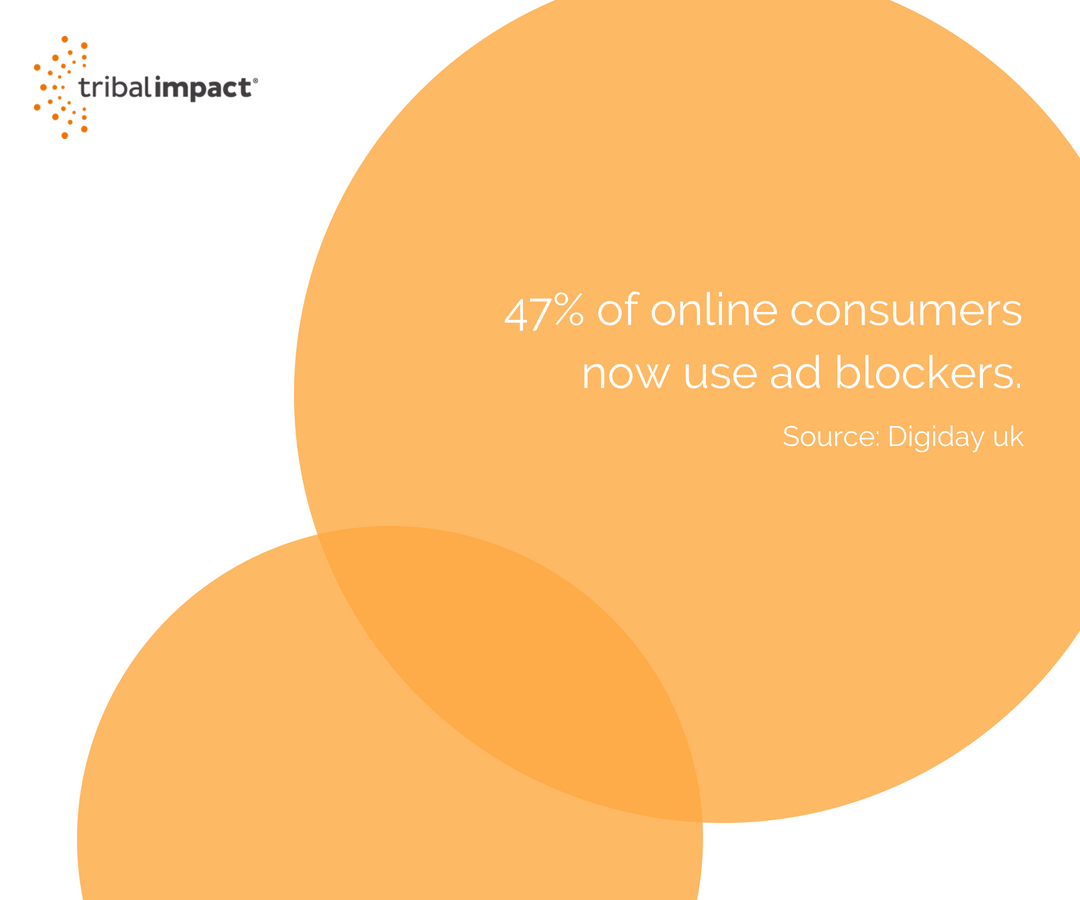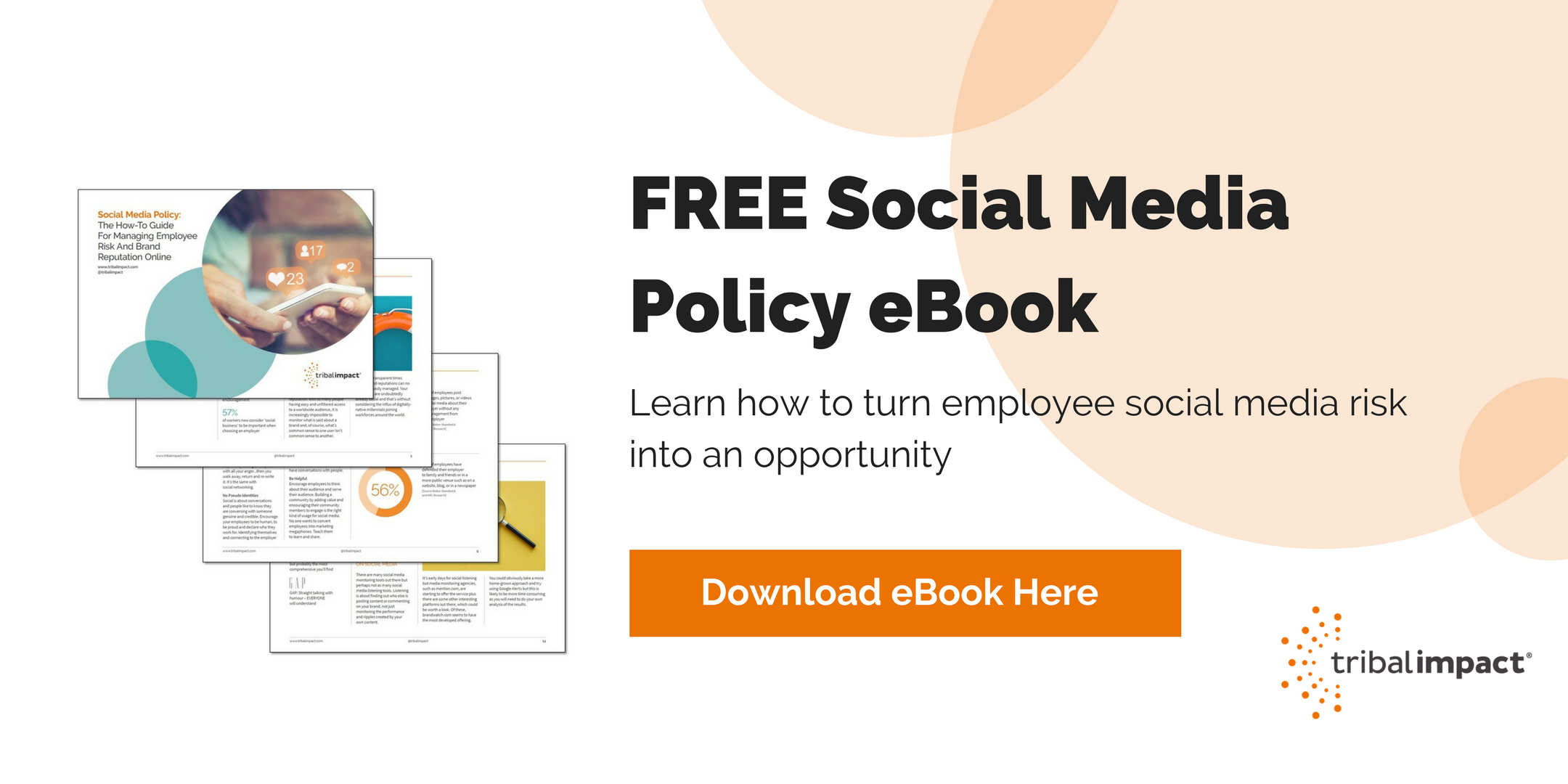I can’t lie. I dislike the term “Influencer Marketing”. By definition, it’s a “form of marketing in which focus is placed on influential people rather than the target market as a whole”. Or, as my sceptical husband would explain, it’s about paying people who have a lot of followers on social media to endorse your brand.

It’s no secret that 47% of online consumers now use ad blockers. As brands find it increasingly difficult to cut through the digital noise with their message, they’re seeking out innovative ways to engage their audience at a different level.
Influencer marketing isn’t new. I remember wining and dining journalists at swanky restaurants in London over 20 years ago and then nervously flicking through the publications the week after to see what, if anything, they had written.
Source: SocialMediaToday / InfluencerMarketingHub
But times have changed. We have bloggers, vloggers and self-proclaimed gurus popping up all over place and whilst influencer marketing is set to explode this year and beyond, I say we proceed with caution.
True Influence Drives Action
In the words of Jay Baer “true influence drives action, not just awareness” and there lies the potential issue. An influencer with hundreds of thousands of followers may get your brand in front of eyeballs, but will they get you action?
You see, all the time a brand leads influencer engagement, it has that air of “we’re paying for this”. For me, it lacks authenticity. It’s a transactional relationship, not a meaningful endorsement.
There is also an argument to suggest that the more followers you have, the weaker your ability to drive action becomes.
Social media is about engagement not broadcasting so it’s not surprising that a 2016 study, indicated that as the number of followers increases, the level of engagement decreases. The result? Influencers are elevated into a position of Celebrity. More reach. Less impact.
So, what if we made influencer marketing more personal? What if the brand stepped aside and connected expert employees to experts of influence?
All Rise The Micro-Influencer
I’ve always been a huge advocate of the micro-influencer – smaller scale personalities who have less than 10,000 followers (as defined by CNBC), a niche specialism and a stronger ability to drive action.
Whilst micro-influencers might not give you huge reach, they do attract a more loyal following that is likely to engage and drive action.
A recent study commissioned by Experticity showed that micro-influencers have 22.2 times more conversations than typical users.
People who are perceived as thought leaders within a specific niche or market tend to have something quite special – a dedicated, loyal following.
Just stop and think for a moment. Who in your business holds influence? Who has expert knowledge around a specific topic? These are your potential micro-influencers and content creators.

Trust And Credibility...At Scale
When brands activate their own micro-influencers internally, they establish credibility and trust at a scale no single influencer could achieve and at a lower cost.
I had a fascinating chat last week with Tim Williams from Onalytica, a business that helps companies identify, engage and manage influencers at scale. Now you might think this goes against everything I have said thus far but during that conversation I had a lightbulb moment.
Companies that embrace their inner influencers will succeed with influencer marketing.
Tim and I talked about identifying external influencers using keywords analysis but also identifying internal influencers using the same methodology. The magic happens when the brand steps into a position of facilitation. Encouraging employees to follow, connect and reach out to external influencers on a more 'human' level rather than a 'transactional' level.
This kind of approach is more authentic, credible and personal. Just think...
- Who, within your business, holds influence?
- What topics do they hold influence around?
- What if you could map relevant content to them via an employee advocacy tool?
- What if you mapped and facilitated the connection between your influential employees and external influencers?
- What if we made influencer marketing personal…at scale?
As you can see, I got rather excited about influencer marketing – something I never thought I’d write in a blog.
This coming Wednesday I’ll be joining the Influencer Marketing Huddle in London, an exclusive event hosted by Onalytica for leading brands that invest in Influencer Marketing.
During the event, I’ll be taking part in a panel discussion around the emerging link between employee advocacy and influencer marketing.
This post was originally published on LinkedIn


